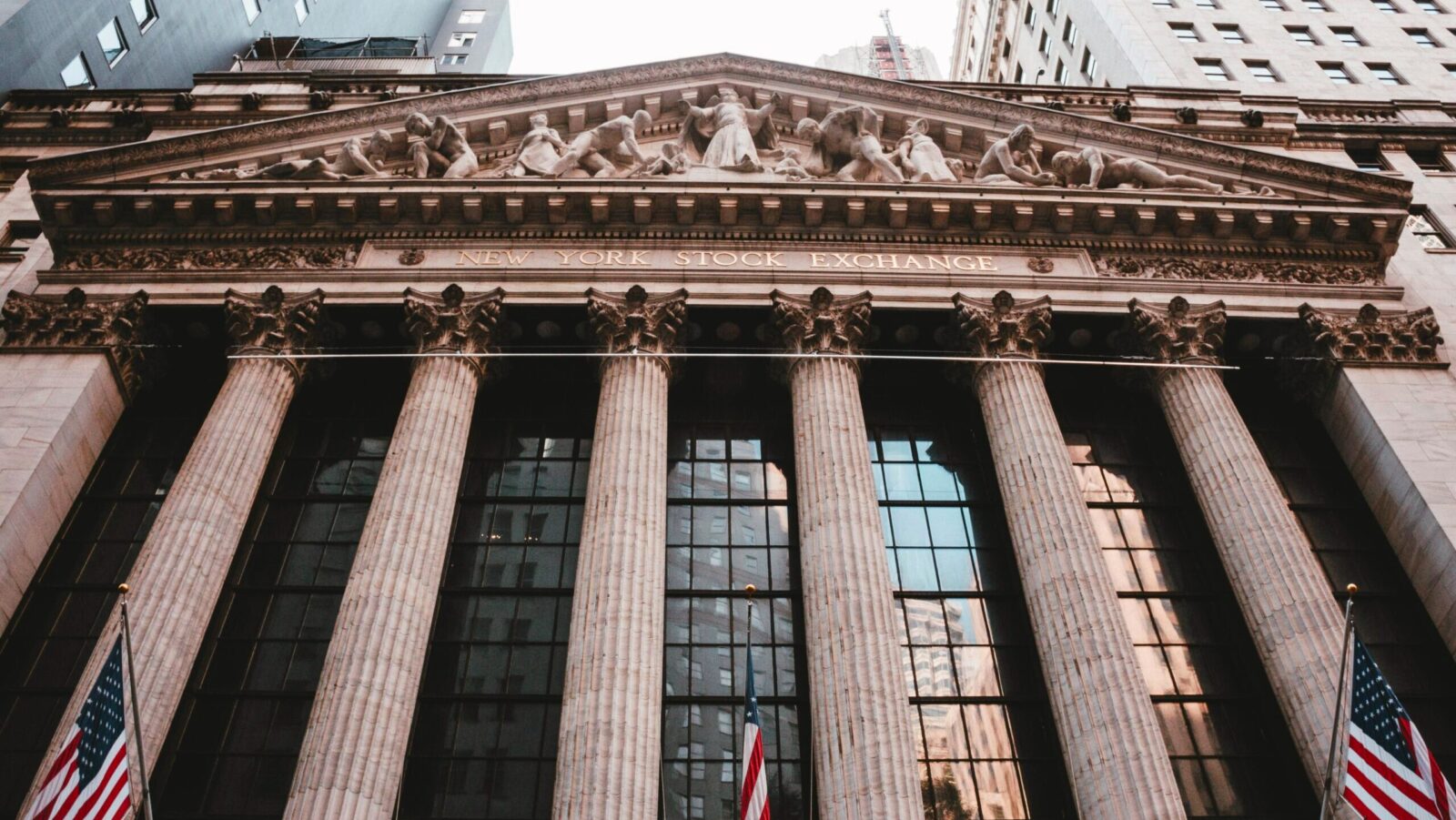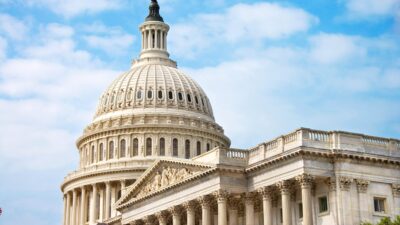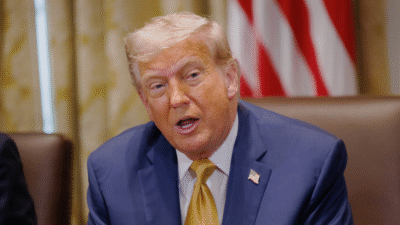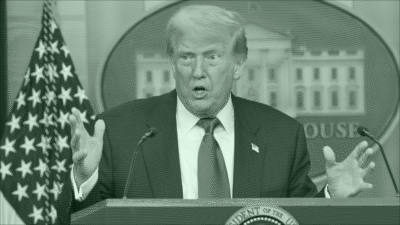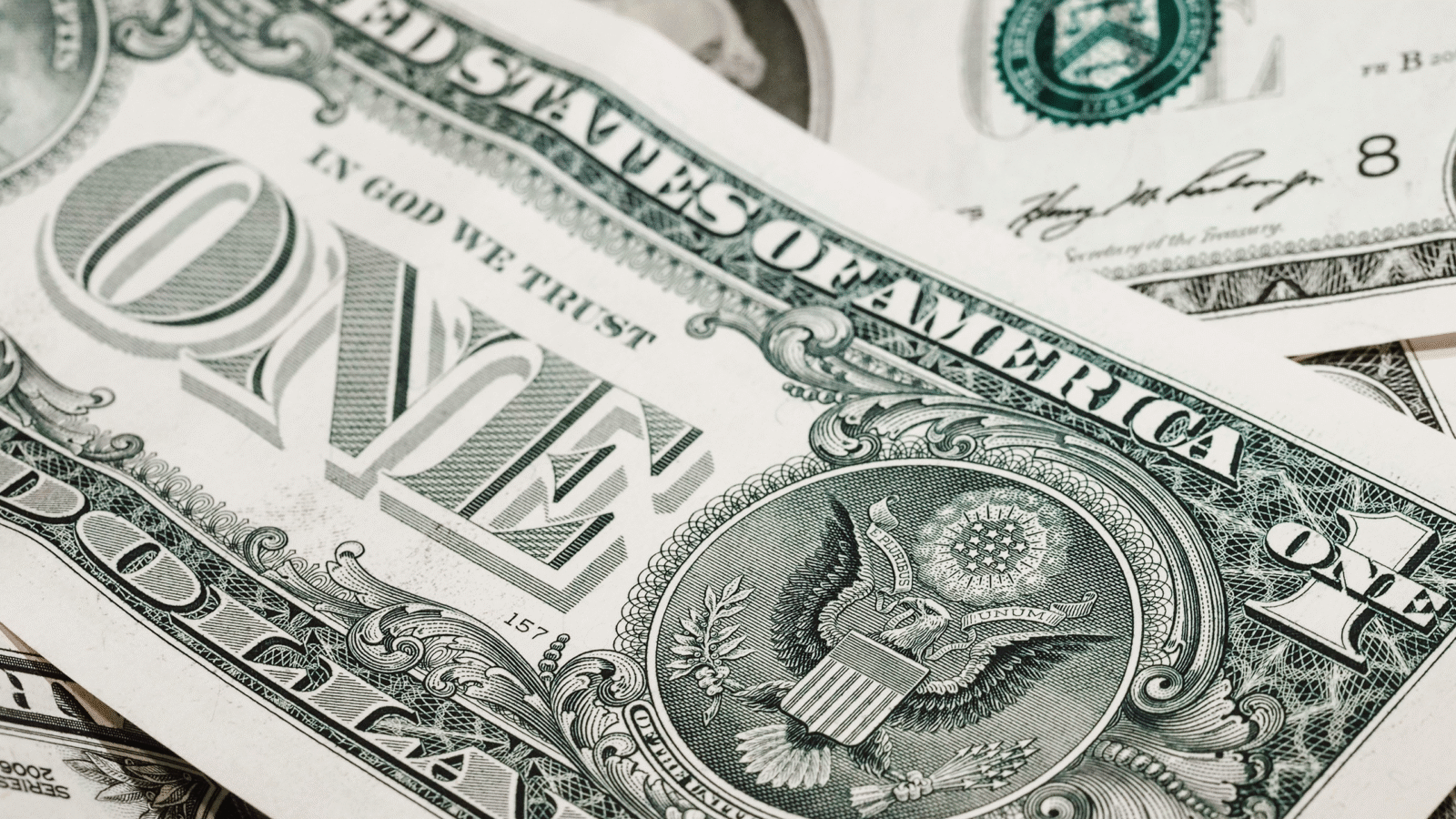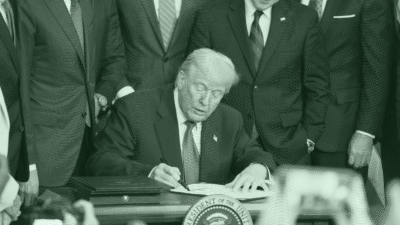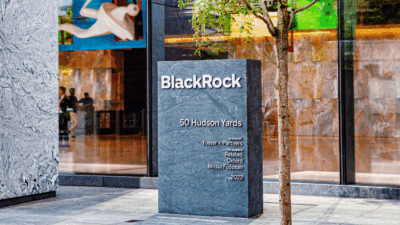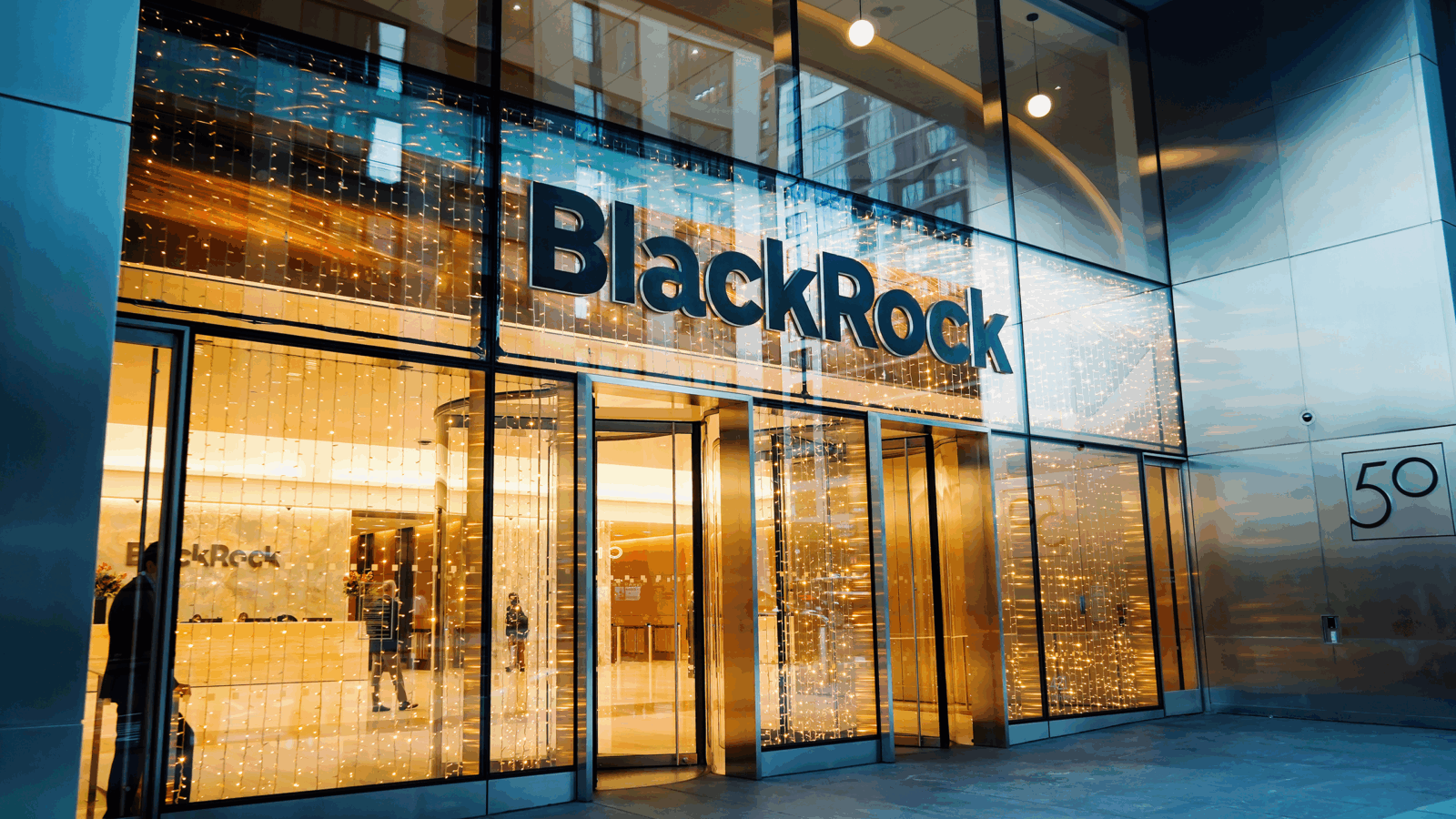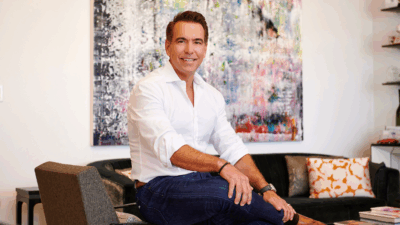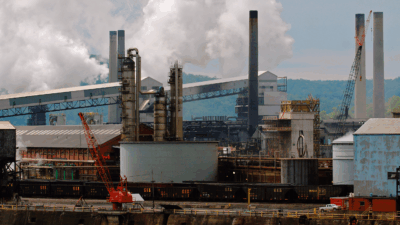Investment Giant SoftBank Promises $100 Billion and 100,000 Jobs to the US
SoftBank’s gigantic pledge undoubtedly represents a major PR victory for the incoming Trump 2.0 administration.
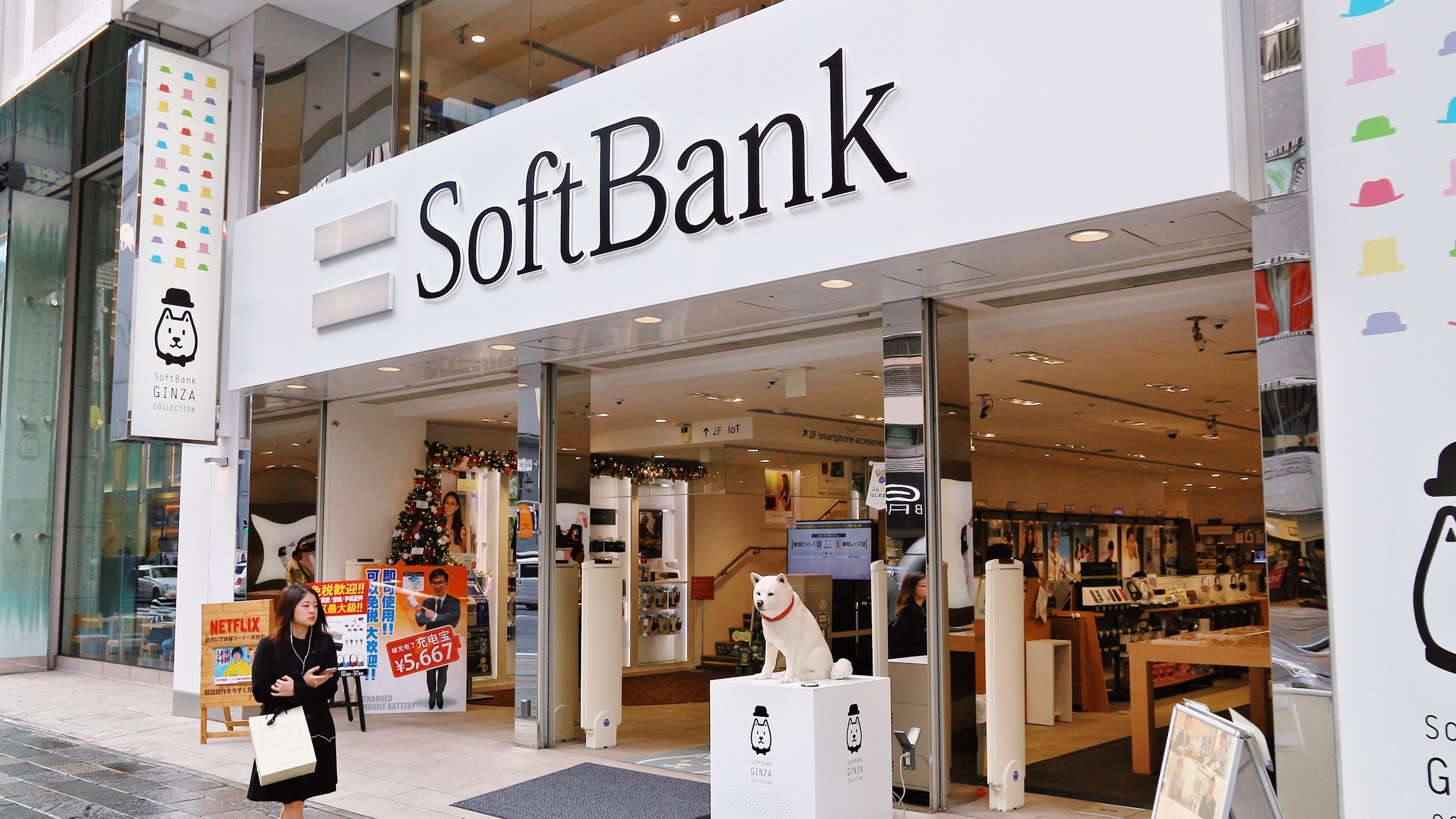
Sign up for smart news, insights, and analysis on the biggest financial stories of the day.
On Monday, Softbank CEO Masayoshi Son, Japan’s most famed and outspoken investor, joined President-elect Donald Trump at his Mar-a-Lago estate, where he enthusiastically pledged his firm will invest at least $100 billion in America-based projects in the next four years, which he said will create up to 100,000 jobs in artificial intelligence and emerging tech.
There’s just one thing the high-flying energy and telecom tycoon appears to be missing: $100 billion.
“Would You Make It $200 Billion?”
Monday’s gigantic pledge undoubtedly represents a PR victory for the incoming administration, and marks a notable vote of confidence in the US economy. It also echoes a $50 billion pledge SoftBank made in 2016, prior to Trump’s first term.
But that was then — when Son managed to convince a group of Middle East countries, led by Saudi Arabia, to pony up most of the money for a $100 billion venture capital fund. The so-called Vision Fund proceeded to make several bets that went sideways, most famously on perennially embattled coworking real estate firm WeWork and most hilariously on a robot pizza delivery startup where, unsurprisingly, both the wheels and pepperoni fell off when it shut down last year.
And this is now:
- While the Vision Fund unit has stabilized — reporting in the black in four of the past five quarters — the Saudi Public Investment Fund, Son’s previous biggest backer, pivoted earlier this year to investing more at home. As for other investors, SoftBank struggled to find any when it launched a second Vision Fund after its first round of investments raised eyebrows.
- Meanwhile, Softbank doesn’t have $100 billion of cash on hand, according to its latest financials, meaning there’s no immediate telling where the money will come from. As if there wasn’t enough pressure, Trump asked Son at a joint press conference, “Would you make it $200 billion?” to which he replied: “I will try.” At the very least, he enters a market where investors are clearly willing to back all things AI — more than half the $28 billion in venture capital deployed globally in November went to companies in the sector, Crunchbase data shows.
The past week has also seen prominent American firms, including Mark Zuckerberg’s Meta and Jeff Bezos’ Amazon, pledge $1 million to Trump’s inauguration committee, as corporate titans at home and abroad jockey for favorable status with his incoming administration.
Oh! Canada! The Trump effect even dramatically spilled into Canadian politics Monday. The highest ranking member of Prime Minister Justin Trudeau’s cabinet, Chrystia Freeland, resigned her posts as Deputy Prime Minister and Finance Minister and, in an open letter, said the country must make serious preparations to deal with the economic fallout of Trump’s plans to slap tariffs on foreign imports, including a 25% levy on Canadian goods.
